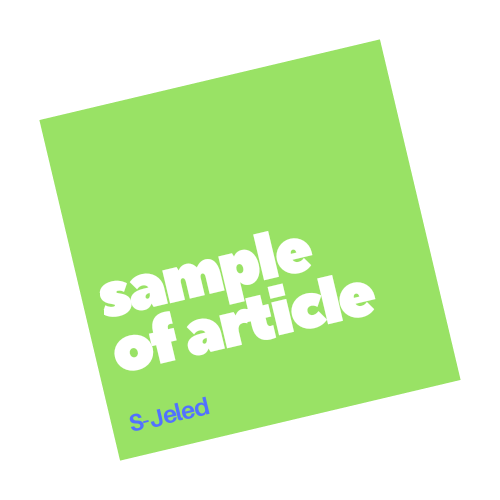THE INFLUENCE OF ARABIC LETTER PRONUNCIATION MASTERY ON THE STUDENTS’ ABILITY ON PRONOUNCING CONSONANT θ AND ð IN THE EIGHTH GRADE STUDENTS OF MTS MA’ARIF AL- HUDA KALIABU IN ACADEMIC YEAR 2012/ 2013
Abstract
The objective of this research are to find out whether students’ Arabic letter pronounciation mastery influence students’ ability on pronouncing consonant θ and ð. Pronunciation is the production of sounds that we use to make meaning, (Yates, 2002: 7). The mean score of students’ Arabic letter pronunciation mastery is 76.46 and and it was belongs to good category. While students’ ability on pronouncing consonant θ and ð is 77.89 and it was belongs to good category. It can be concluded that students’ Arabic letter pronounciation mastery and students’ ability on pronouncing consonant θ and ð in the same level. The result of r-counted is higher than r-table (0.961> 0.235). It mean that students’ Arabic letter pronunciation mastery influences on the students’ ability on pronouncing consonant θ and ð of the eighth grade students of Mts Ma’arif Al- Huda Kaliabu in academic year 2012/ 2013.
Keywords: Arabic letter pronunciation and English pronunciation
Full Text:
XMLDOI: https://doi.org/10.37729/s-jeled.v2i3.1555
Refbacks
- There are currently no refbacks.
Scripta
ISSN. 2302-6677
Publisher: Department of English Language Education, Universitas Muhammadiyah Purworejo, Jl. KH. Ahmad Dahlan 3 & 6 Purworejo 54111, Jawa Tengah, Indonesia, E-mail:pbiumpwr20@gmail.com, Telp: 0275-321494
Indexed Abstract:

Ciptaan disebarluaskan di bawah Lisensi Creative Commons Atribusi-BerbagiSerupa 4.0 Internasional.



